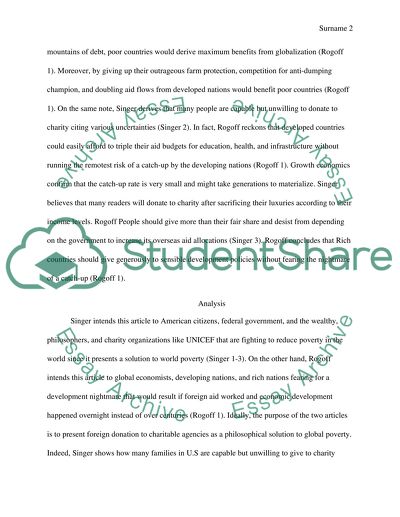Reading Journal3 Essay Example | Topics and Well Written Essays - 500 words. Retrieved from https://studentshare.org/miscellaneous/1653587-reading-journal3
Reading Journal3 Essay Example | Topics and Well Written Essays - 500 Words. https://studentshare.org/miscellaneous/1653587-reading-journal3.


